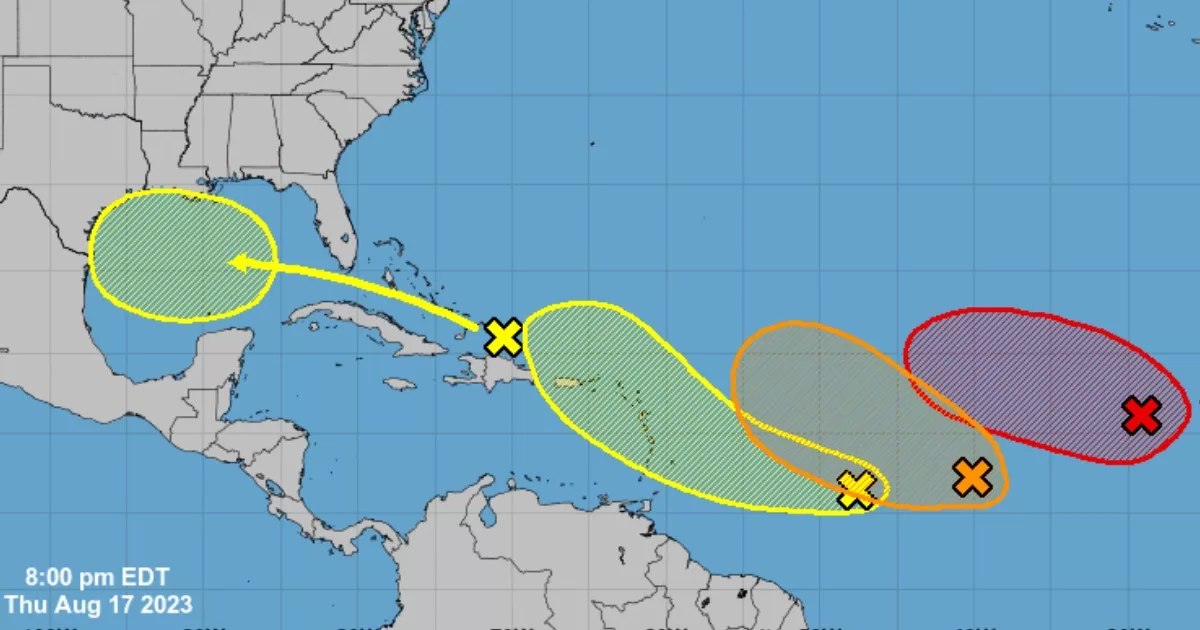In 2020 she led her left-wing Labor Party to a brilliant victory in the general election. During the first phase of the pandemic, she became an international poster child for progressive leadership. In the meantime, this picture has changed in the country. She no longer wants to stand in the election planned for October, her “tank” is empty. Already at the beginning of February, another person from her party is to take over the position of prime minister. It’s still unclear who that could be.
Ardern faced several crises during her tenure, including the attack on two mosques in Christchurch that killed 51 and the pandemic. Within days, she had enacted a ban on semi-automatic weapons and other gun control measures, and launched an international campaign to end online hate.
“Be strong, be kind”
“Be strong, be kind” was her slogan when dealing with the pandemic. That could also be the motto for her time as a politician. She reacted with compassion to the attack in Christchurch in 2019 and showed solidarity with Muslims wearing headscarves. She also referred to her strengths in her emotional resignation speech: “I hope I leave the New Zealanders with the belief that one can be kind but strong, empathetic but determined, optimistic but focused.”
In dealing with the pandemic, she relied on the formula “act hard, take action early”. The country quickly went into full lockdown, also at the expense of the economy and tens of thousands of New Zealanders abroad who were unable to return home due to problems with isolation facilities. In this way, however, the population in the country was spared the effects of the pandemic for longer.
Vaccination policy as a turning point
At the end of 2021, Ardern still had to move away from the zero-Covid policy – this was associated with a sharp increase in Covid deaths, an overload of the underfunded health system and a lack of workers in the companies, wrote the Australian “Sydney Morning Herald” just a few weeks ago. The decline in poll numbers began.
The government relied on strict vaccination regulations, which divided society. Many New Zealanders were surprised by Ardern’s willingness to pit the vaccinated against the unvaccinated, epidemiologist Simon Thornley told the New York Times (“NYT”). He sees this creation of a two-tier society and the fact that the predictions did not come true as a “turning point” for Ardern.
Protests against Ardern’s CoV policy
The resentment was directed at Ardern and her government with threats. The protests peaked at the beginning of last year when demonstrations lasted three weeks on the New Zealand parliament building in Wellington, combined with abuse of Ardern and riots.
At the end of last year, she announced a commission of inquiry to deal with the question of whether the government made the right decisions in fighting Covid-19. However, the result is not expected until after the next parliamentary elections. In any case, Ardern’s popularity suffered as the pandemic progressed, and planned domestic political reforms fell by the wayside.
Homelessness, crime, limited tax revenues
The politician started to fight the increased inequality between rich and poor. Many a reform project fell short of expectations. The country of five million is struggling with a housing crisis and the associated high level of homelessness and rising living costs. The construction of tens of thousands of cheap apartments lagged behind the target. Rising interest rates and the high cost of living will make things even tighter for many New Zealanders in the coming months.
Although Ardern took action against rising gang crime, the reunited conservative opposition has been able to score with calls for tougher penalties as well as with criticism of “wasteful ideological projects”, such as new laws against hate speech. A water reform in which the administration of drinking, waste and rainwater is to be taken over by the municipalities is also not very popular.
Concrete progress was made during her tenure in the fight against child poverty, in the employment rate and in raising the minimum wage. However, limited tax revenues and expenditures limit the government’s ability to implement large social programs. The Ardern government dropped plans for a capital gains tax in its first term. According to Bloomberg, there were fears that it was too politically risky. Contrary to extensive promises, New Zealand was also unable to noticeably reduce emissions.
“Idea of Kindness”
“When it came to drafting and implementing complex laws or challenging legislative reforms, progress was much, much slower,” political commentator and member of Ardern’s previous government, Ben Thomas, told the Guardian. “The idea of friendliness and empathy can reach its limits because politics is so often about compromises.” However, Thomas admitted that Ardern had an “extremely high emotional intelligence”.


